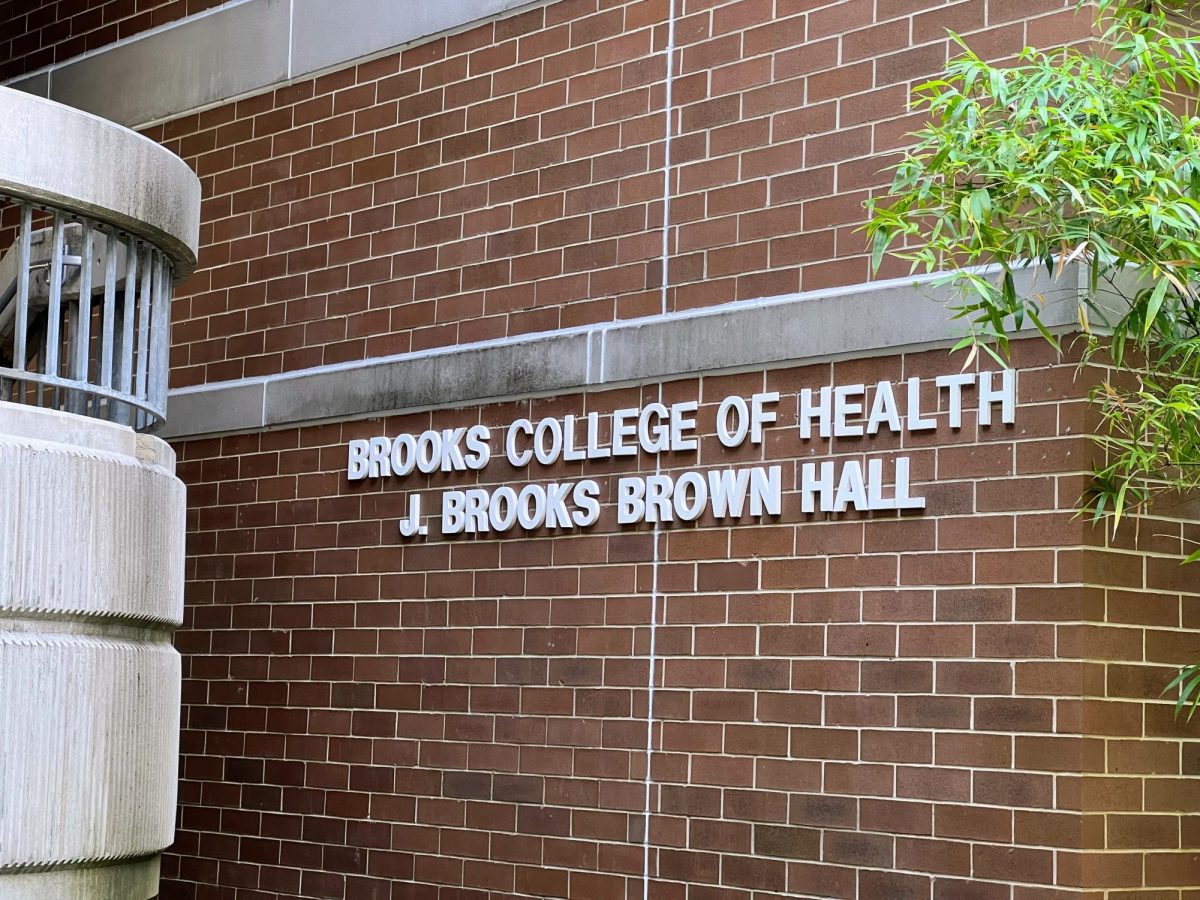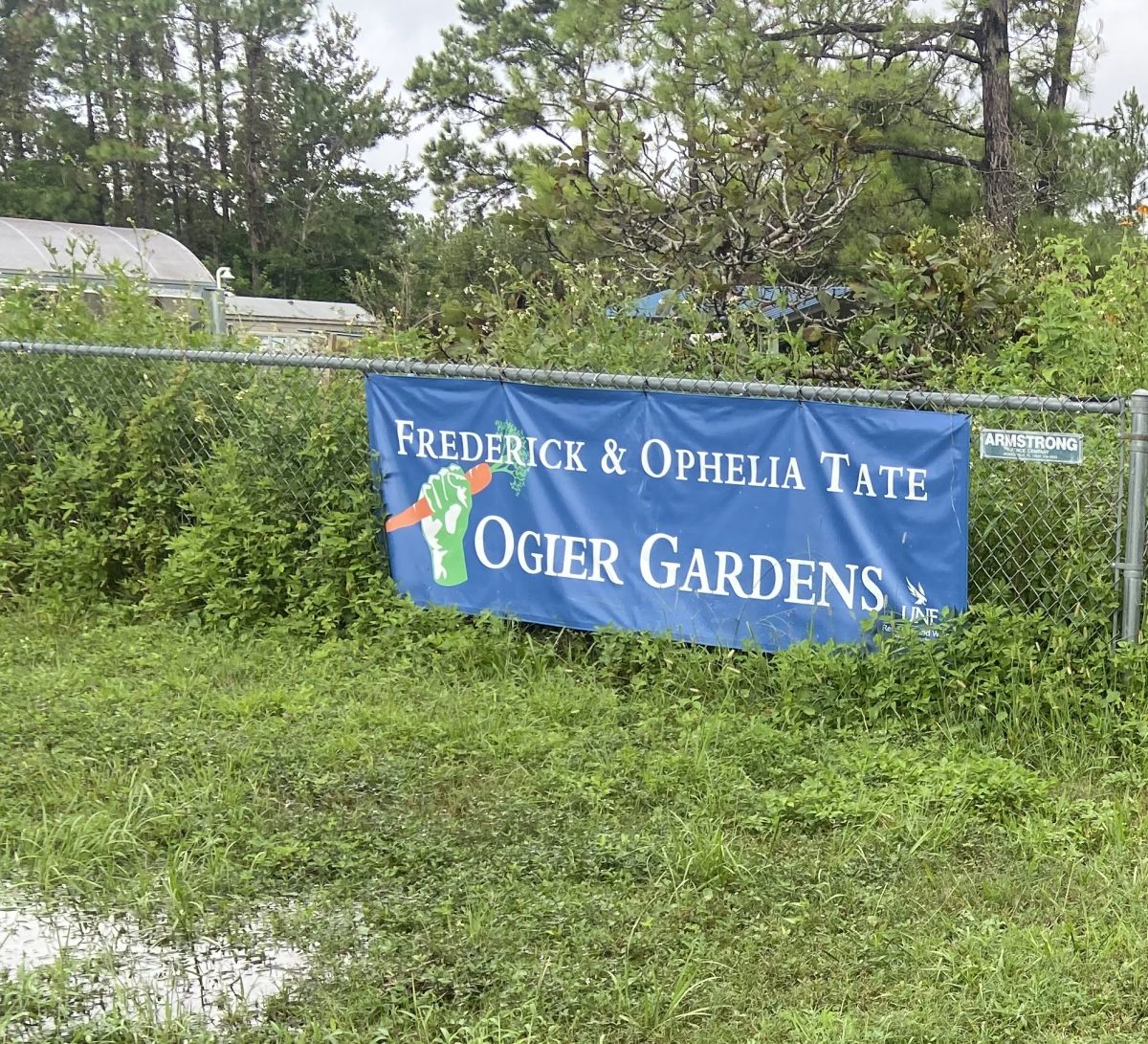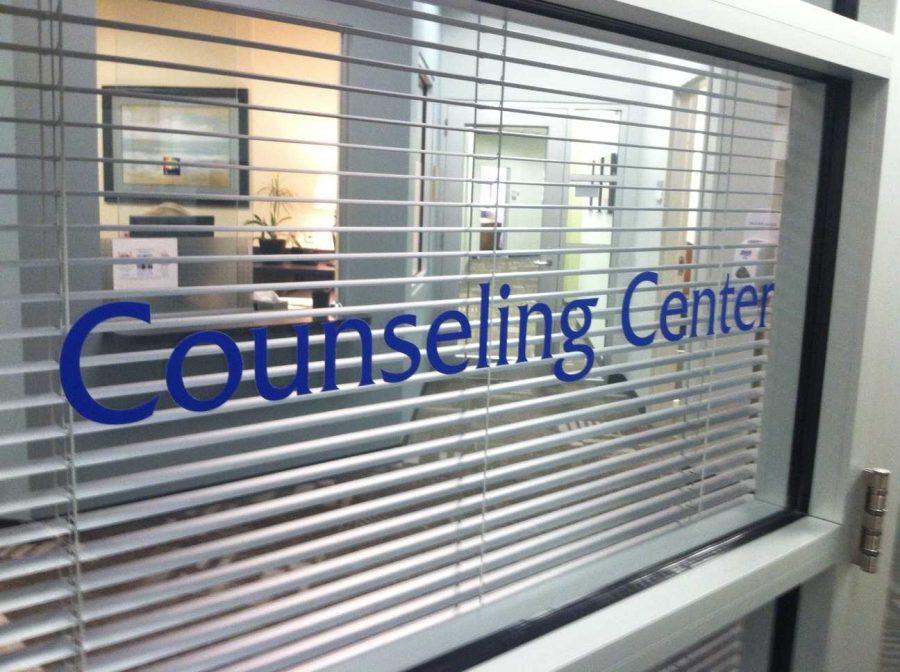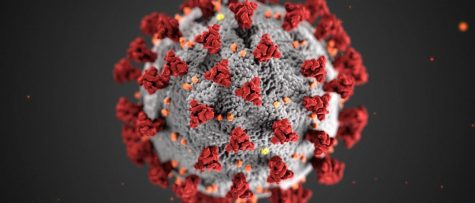
The continuous race to finalize and distribute the COVID-19 vaccine may be nearing its end, but at the finish line, there are those that are quickly lining up to receive it, while others are shaken with fear.
So, what do we know about the vaccine at this point, and who will actually have to get it? How will the vaccine even work and what is the science behind it?
Dr. Doreen Perez is Director of the Student Health Services Administration at UNF and a registered nurse. She is also a UNF COVID Task Force health coordinator.
“I like two particular candidate companies, Moderna and Pfizer, that have a 90% efficacy rate for the virus. I like these two because they are using a genetic vector,” Perez said. “This vaccine is injecting a genetic message to a person’s RNA. It is giving the immune system a message that you have already been introduced to the virus, when you may not have been. I like the idea of this genetic vector because it imitates the virus, but a weakened version of it.”
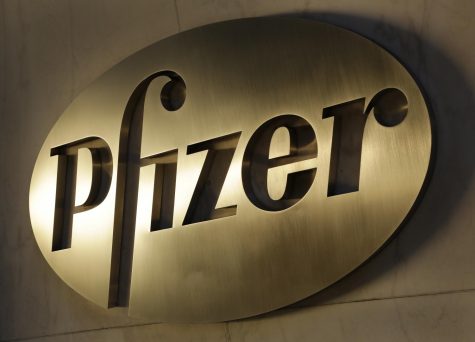
Genetic vectors are vehicles that deliver foreign DNA into receiving cells in the human body. In simplest terms, an RNA vaccine is a vaccine that inserts fragments of protein molecules into human cells in order to reprogram them to produce antibodies. This will then stimulate an adaptive immune response against the invasive pathogen, aka the virus.
According to Dr. Perez, this is not the first time people have used RNA vaccines. The process of administering them obtains passive immunity. Active immunity is when one has actually had the virus itself. Because this is a coronavirus, which are known to have differing strands of infection, people will most likely have to get immunized against COVID-19 every year, like people do with the flu shots.
Since the recent news of the new vaccines, airlines have floated the idea of mandatory COVID-19 vaccinations for international passengers. For example, in Australia, Qantas, the country’s biggest airline, said that if a virus vaccine becomes widely available, the carrier will likely require passengers to get it before traveling. This implied mandate to get inoculated by a rapidly expedited vaccine has struck much fear in people.
When we take a look at vaccinations in general, they are not a new idea. It’s not a new situation for a country to require a vaccination to be able to enter. Countries have been doing this for years now. For example, some countries in Africa require polio vaccinations before entering the country.
“If people are concerned because this is a new vaccine, not tried and true yet, I guess what we have to rely on is the trials. The trials have been, I consider, very legitimate. Several studies were started and stopped because of adverse reactions. Then those vaccines were redesigned. They have been doing excellent work on it,” according to Dr. Perez.
Dr. Perez says that for those that do have concerns about the vaccines, she would like to ask them what exactly their concerns are.
There will be a small percentage of the population that does react to the vaccine. But, according to Dr. Perez, “you have to outweigh your concerns.”
The goal of the vaccine is to stabilize communities and create herd immunity to slow the spread. Herd immunity is a form of protection from infectious disease that occurs when a large percentage of a population has become immune to an infection, whether through vaccination or previous infections. This reduces infection risk to those that have not yet developed immunity.
What if people already have neurological problems, or allergies to anything the vaccine was created with?
“If folks dont want these vaccinations, because they are afraid of some sort of complication, then I say to them, stay put. Don’t do your traveling right now. Stay put until you see what some of the results are from these vaccines,” Dr. Perez said.
Some members of the public may not want these vaccines at first, but what would happen if they had no choice?
Many Americans have floated around the idea that if mask mandates and stay at home orders can happen, what’s to say a vaccine mandate can’t happen and if it can, is it even legal? We know that Supreme Court cases in the United States often set precedent for similar situations that make it to the Supreme Court in the future.
In 1902, there was a smallpox outbreak in Cambridge, Mass. The city of Cambridge ended up deciding that since there was such a bad outbreak, they should just vaccinate everyone and have a mandatory vaccination order. Henning Jacobson was a resident in the town and essentially told the town that they can’t do this. He claimed that this was a violation of civil liberties under the Constitution. This ended up going all the way to the Supreme Court in a case called Jacobson V. Massachusetts in which the Court upheld the authority of states to enforce compulsory vaccination laws. The Court’s decision articulated the view that individual liberty is not absolute and is subject to the police power of the state. So what does this case tell us? When it comes to public health emergencies, can constitutional rights be reasonably restricted?
Dr. Perez said in reference to Jacobson v. Massachusetts and ideas behind vaccine mandates,
“I don’t think they are going to force people to get these vaccines. I don’t think this is as big of a problem as smallpox was. More people were dying from the smallpox vaccinations than they were the disease. That’s why they got rid of them. We also established herd immunity from the smallpox vaccinations so no one was getting sick. Right now, all the hospitals require nurses to have the flu shot before they step on the floor and take care of a patient. Now, what happens to that nurse who won’t get the flu shot? She is either told to stay home, or in some situations, there are some facilities that just say you need to wear personal protection equipment, while you are face to face with any patient.”
Dr. Perez also said that she does not foresee universities requiring a COVID-19 vaccine, and that it will be more similar to a yearly flu shot that people can choose whether to take or not.
The front line, health-care, and emergency workers as well as those with comorbidities — the presence of two or more diseases or medical conditions in a patient — and the elderly will be the first to get access to the vaccine. The general public can expect to start seeing access to the vaccines in March or April of 2021.
__
For more information or news tips, or if you see an error in this story or have any compliments or concerns, contact editor@unfspinnaker.com.



